Cats are fascinating creatures, often stealing our hearts with their playful antics and endearing quirks. Despite their independent demeanor, some cats can experience anxiety, exhibiting behaviors that puzzle their owners. But what causes this anxiety, and why are some felines more prone to it than others? This article explores the various factors influencing anxiety in cats, combining scientific insights and practical tips for cat care.
Understanding Cat Anxiety
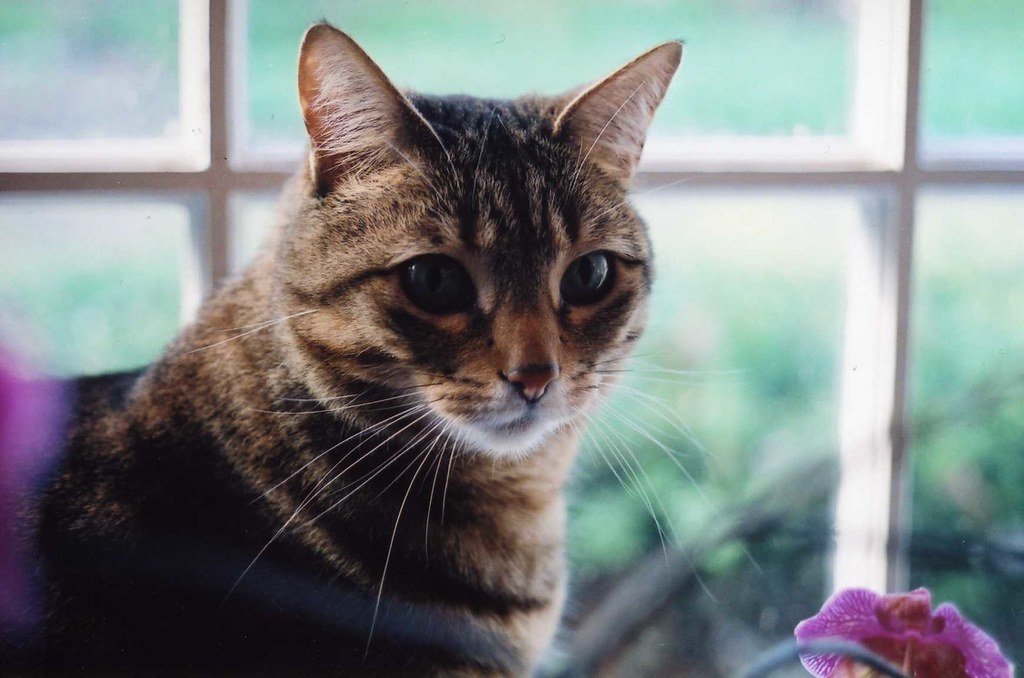
Cat anxiety is a mental health issue characterized by an array of stress-induced behaviors. These can include excessive grooming, aggression, or withdrawal. Just like in humans, anxiety in cats can lead to significant distress, impacting their well-being and quality of life. Identifying the root causes of your pet’s anxiety is the first step toward helping them live a happier, more relaxed life.
Genetic Predispositions
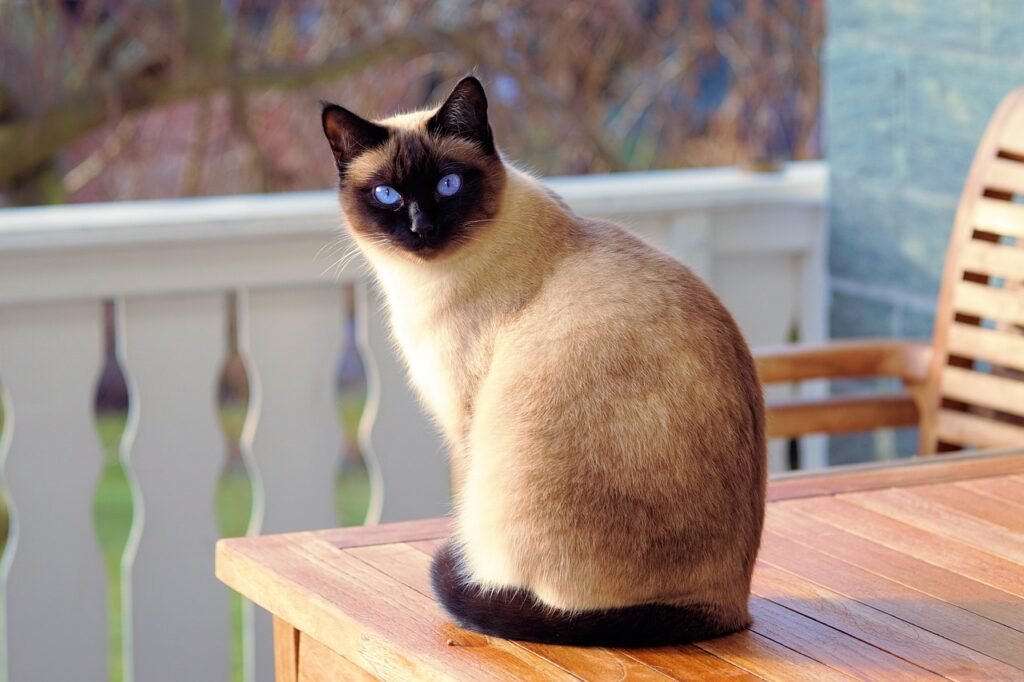
Genetics can play a significant role in a cat’s propensity for anxiety. Certain breeds, such as Siamese and Burmese cats, are more inclined to experience anxiety. These breeds might have inherited traits that make them more sensitive to changes in their environment. While genetics cannot be changed, understanding your cat’s background can provide insights into their emotional health.
Early Life Experiences
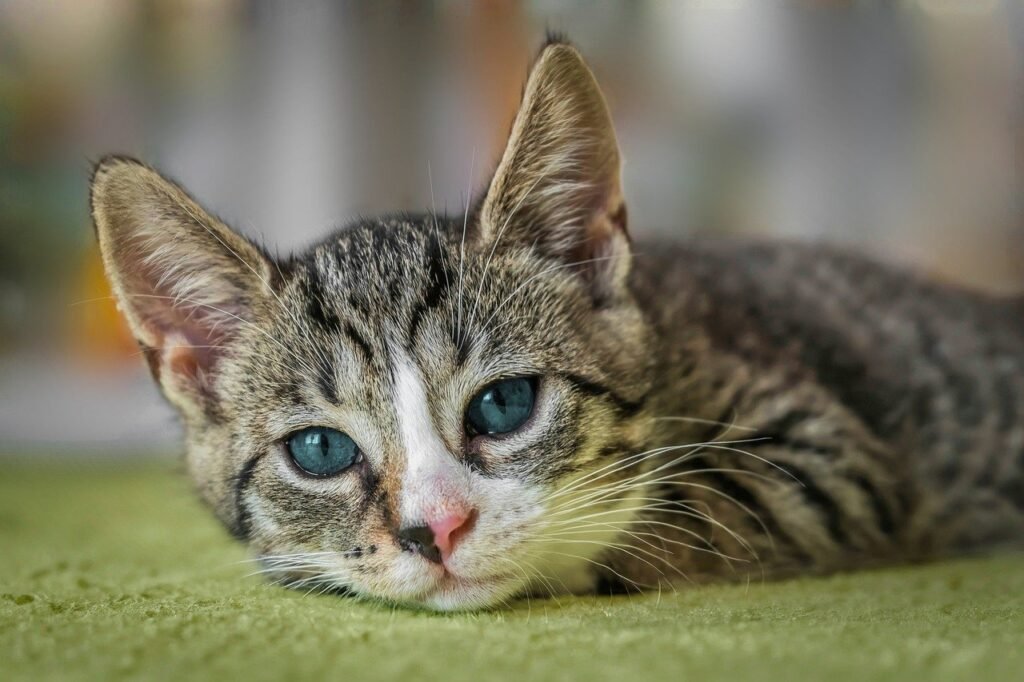
The experiences that cats have in their early life stages can leave lasting impressions. Kittens that are prematurely separated from their mothers or improperly socialized might develop anxiety as they grow older. Such early life stressors can manifest in adults as nervousness or an inability to adapt to new situations, emphasizing the importance of nurturing during formative weeks.
Environment and Routine
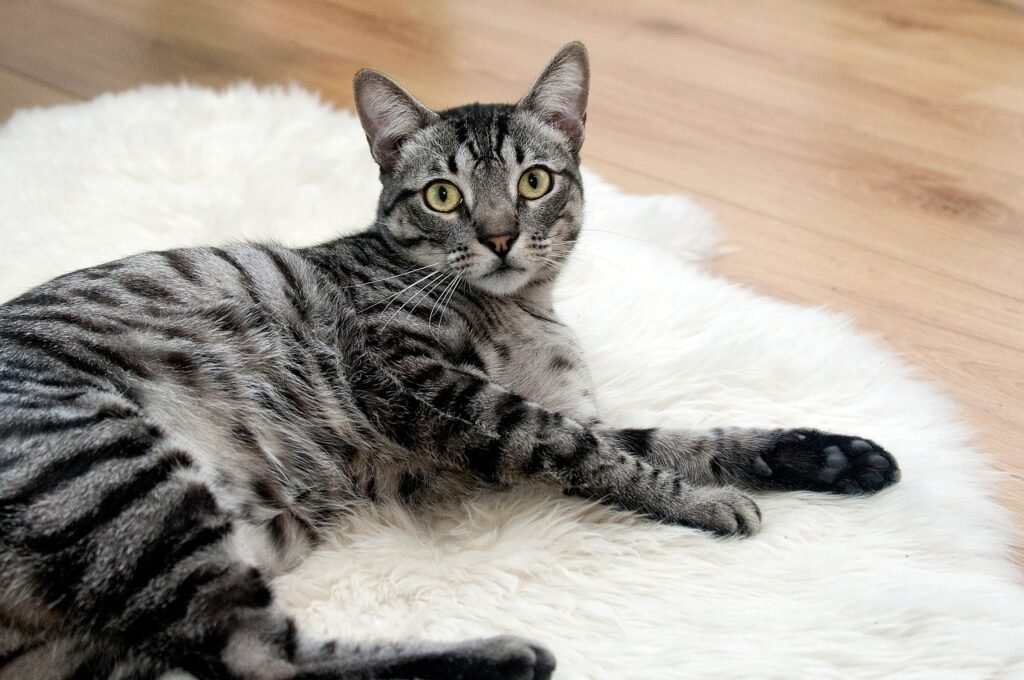
Cats are creatures of habit, thriving on routine. Abrupt changes in their environment or daily schedule can trigger anxiety. This sensitivity can be seen when introducing new pets, moving to a new home, or even changing furniture around. Maintaining a consistent environment helps ensure stability, reducing anxiety-inducing stress signals in your cat.
Health Issues
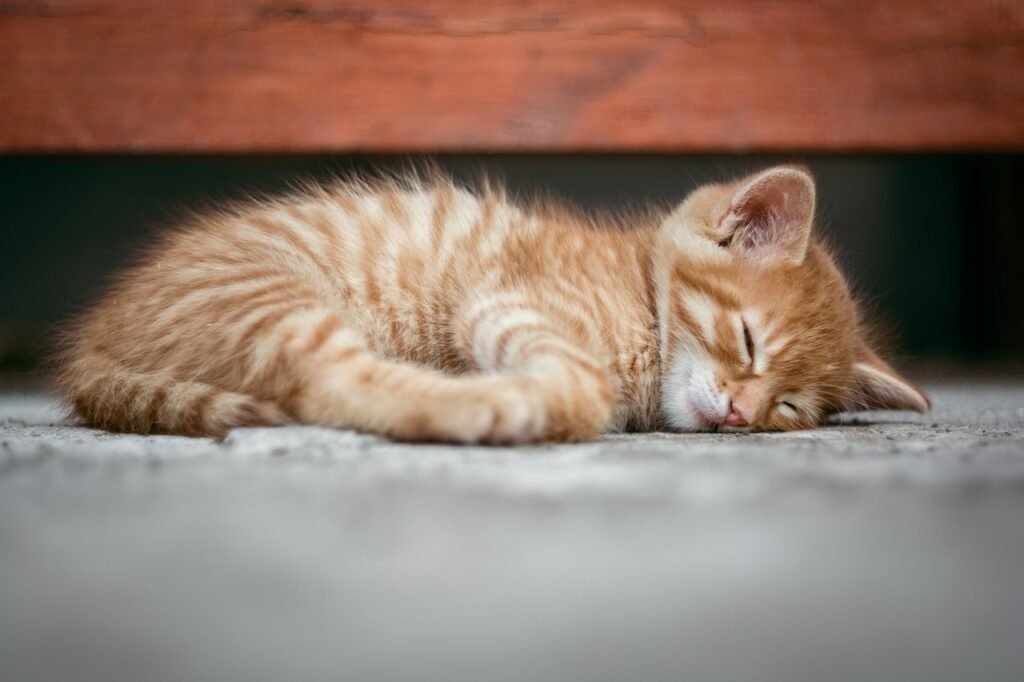
Underlying medical conditions can contribute to anxiety in cats. Issues such as hyperthyroidism or chronic pain can manifest as changes in behavior, including increased anxiety. Regular veterinary check-ups are crucial for diagnosing and addressing any health issues that could be impacting your cat’s mental health.
Lack of Mental and Physical Stimulation
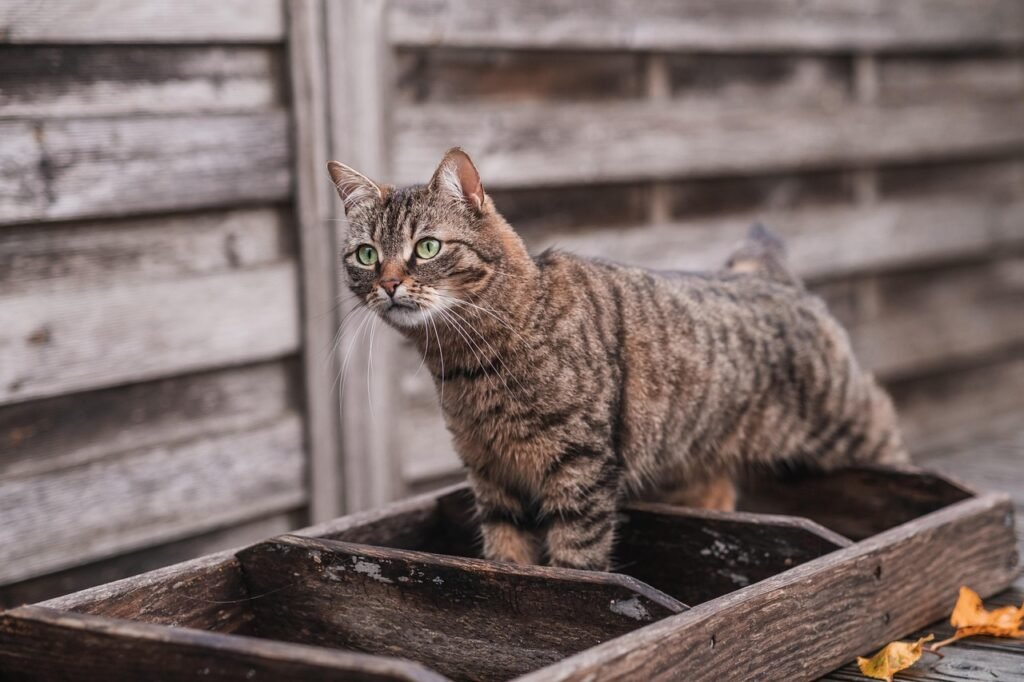
An unstimulated cat can become bored, leading to anxiety and other behavioral problems. Providing toys, cat trees, and interactive play can help keep your cat engaged and lower stress levels. Ensuring that your cat receives adequate physical and mental exercise is key to maintaining their emotional well-being.
Signs of Anxiety in Cats
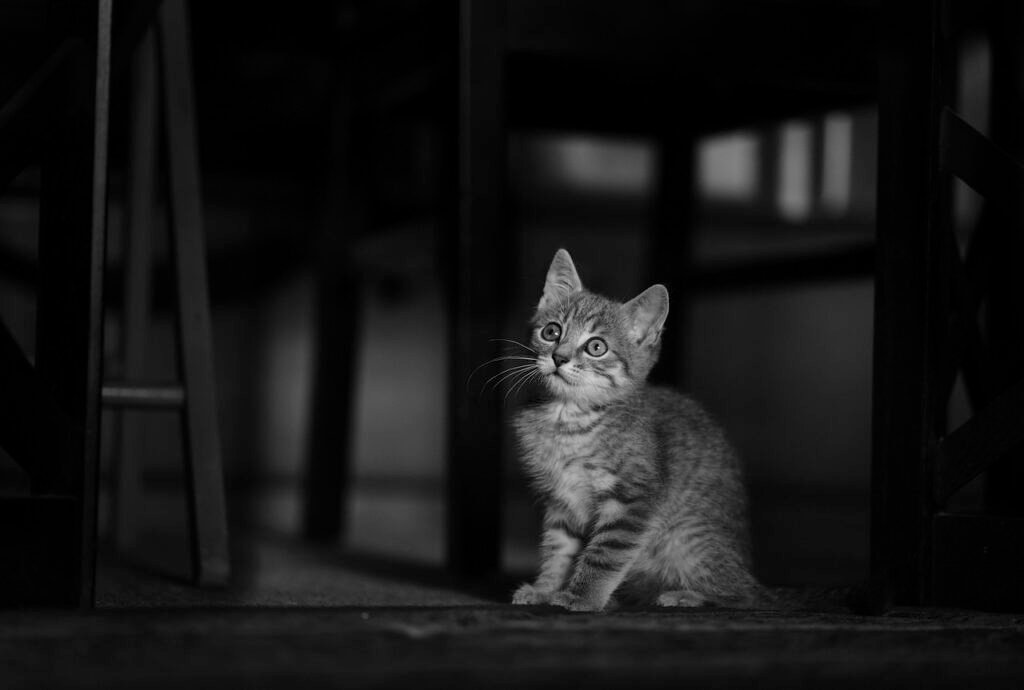
Identifying anxiety in cats can be challenging, as symptoms often vary. Common signs include hiding, excessive grooming, loss of appetite, and aggression. Understanding these signals enables owners to intervene early, seeking professional guidance if necessary.
Behavioral Therapy and Training
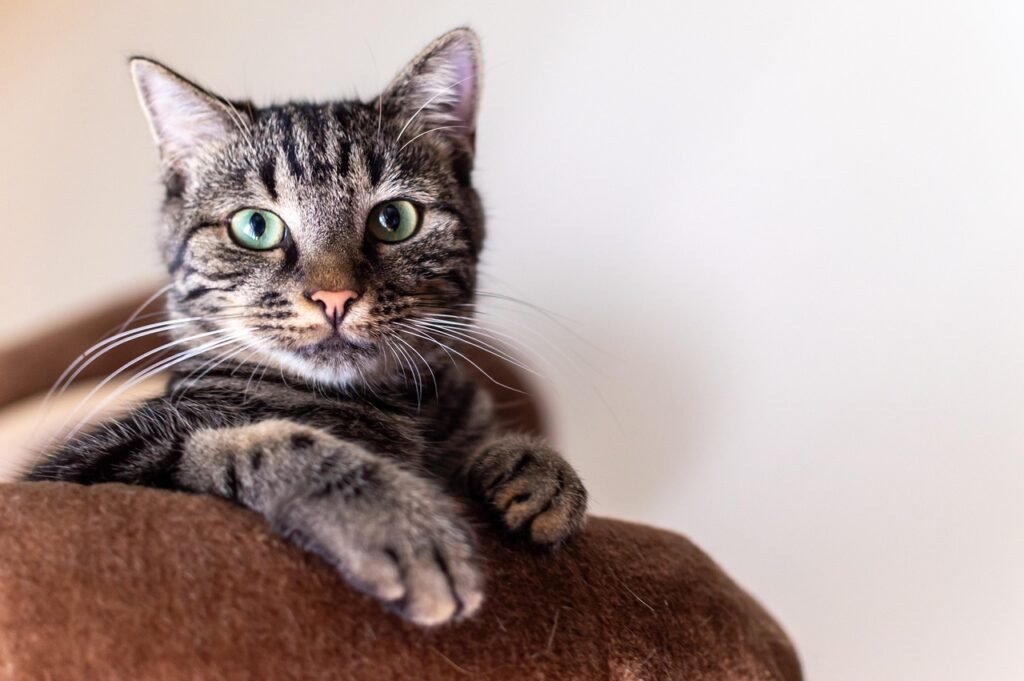
Behavioral training and therapy can be effective in managing anxiety in cats. Techniques such as positive reinforcement training and desensitization can help your cat build confidence and reduce fear responses. Consulting a professional animal behaviorist can offer personalized strategies for your pet.
The Role of Diet and Nutrition
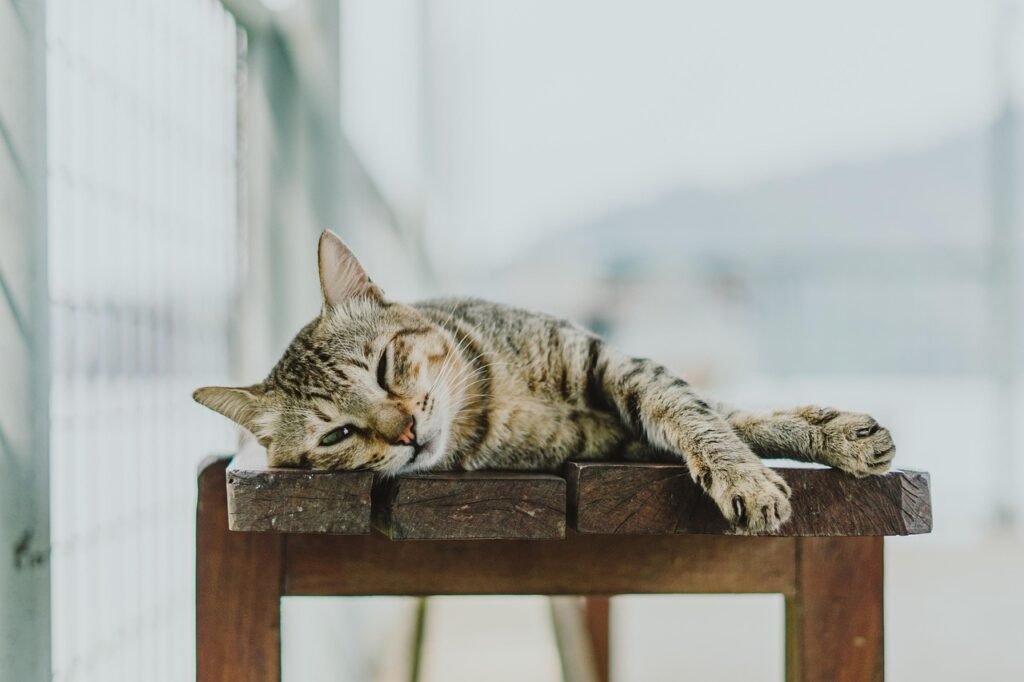
Nutrition has a profound impact on a cat’s health, including their mental state. Diets rich in omega-3 fatty acids and specific amino acids like tryptophan can help reduce anxiety symptoms. Providing a balanced diet tailored to your cat’s needs supports both physical and emotional health.
Creating a Safe Space
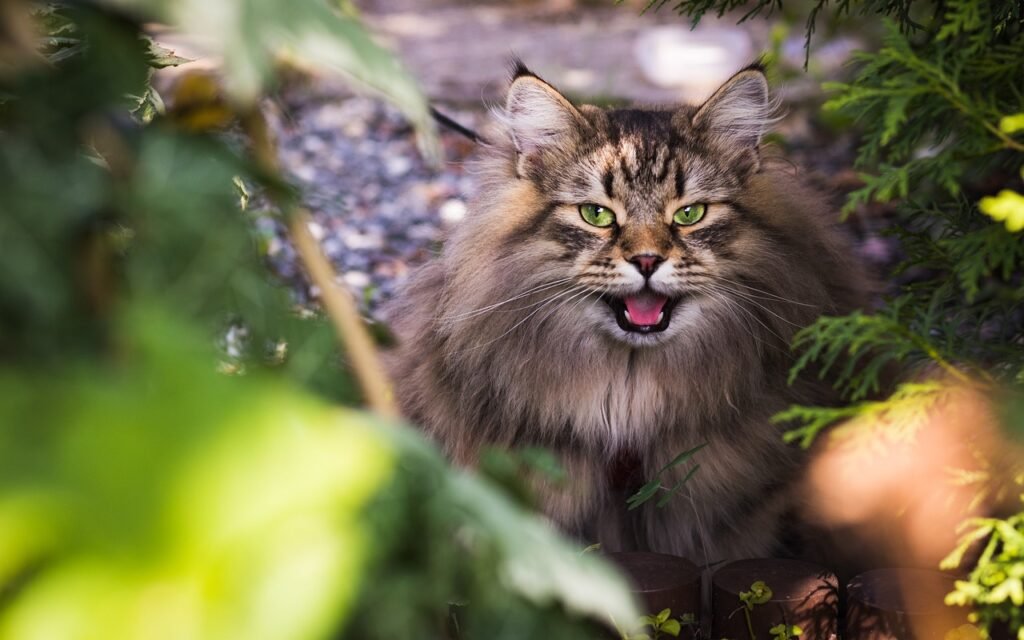
Creating a safe, quiet area for your cat to retreat to can help alleviate anxiety. This space should include comforting elements such as soft bedding, favorite toys, and access to the litter box. A designated safe area allows your cat to decompress away from stressors.
The Impact of Human-Cat Interactions
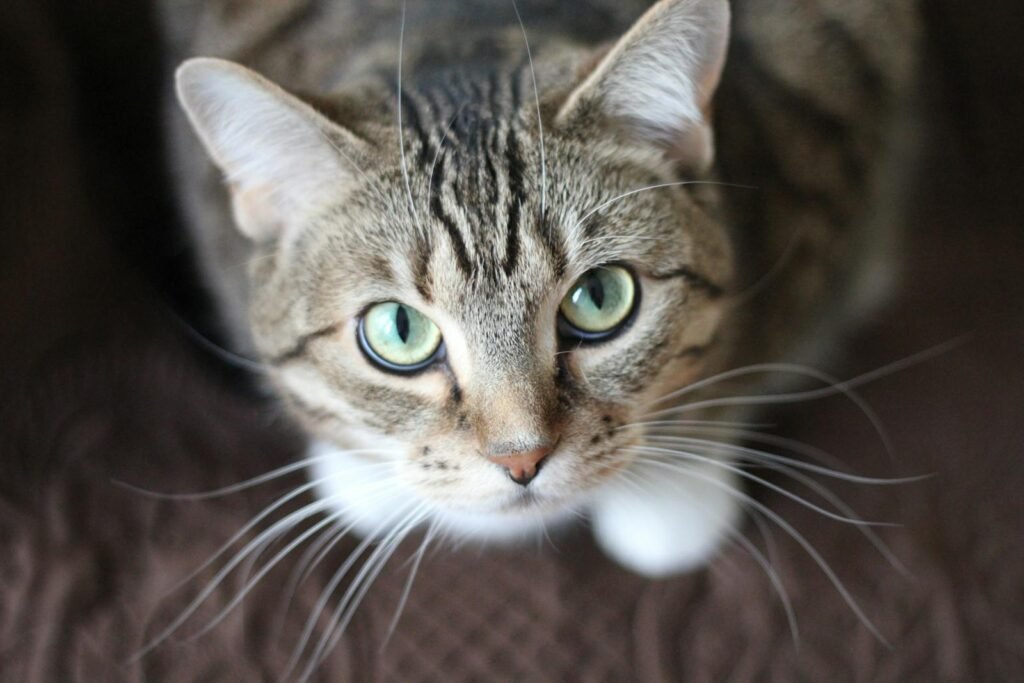
Human interactions significantly influence a cat’s emotional state. Consistent, gentle handling and a calm demeanor help foster a trusting relationship. Cats that receive love and attention from their owners are often better equipped to deal with stress.
The Use of Anxiety-Reducing Products
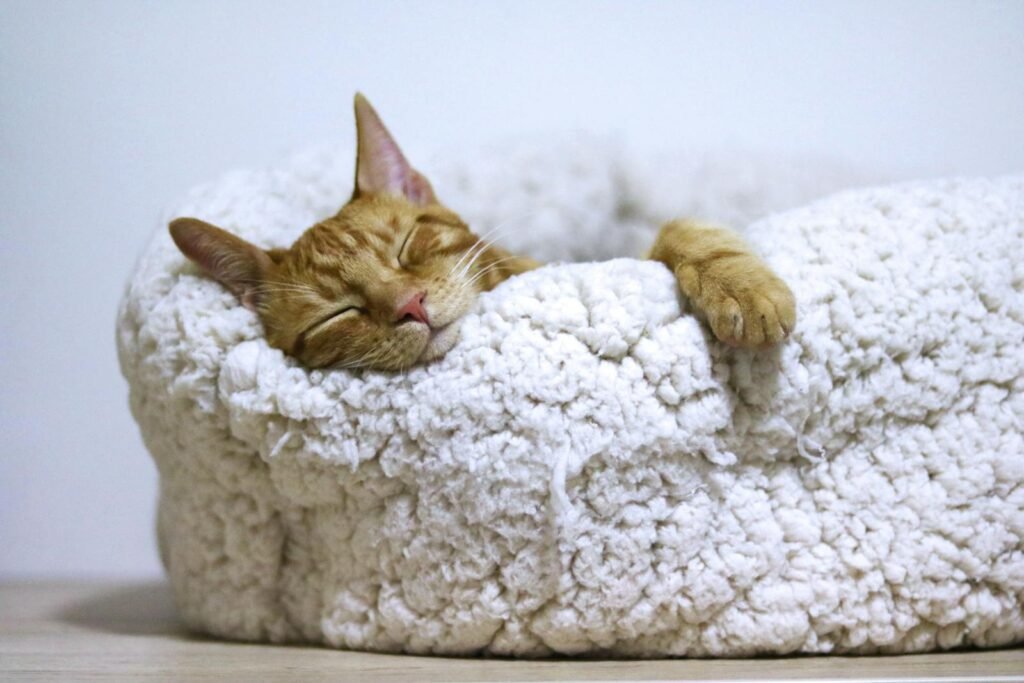
Several products on the market can aid in reducing cat anxiety. Feline pheromone diffusers, calming collars, and anxiety wraps provide comfort to stressed cats. These tools can be especially useful during stressful events like visits to the vet or car rides.
Monitoring Progress
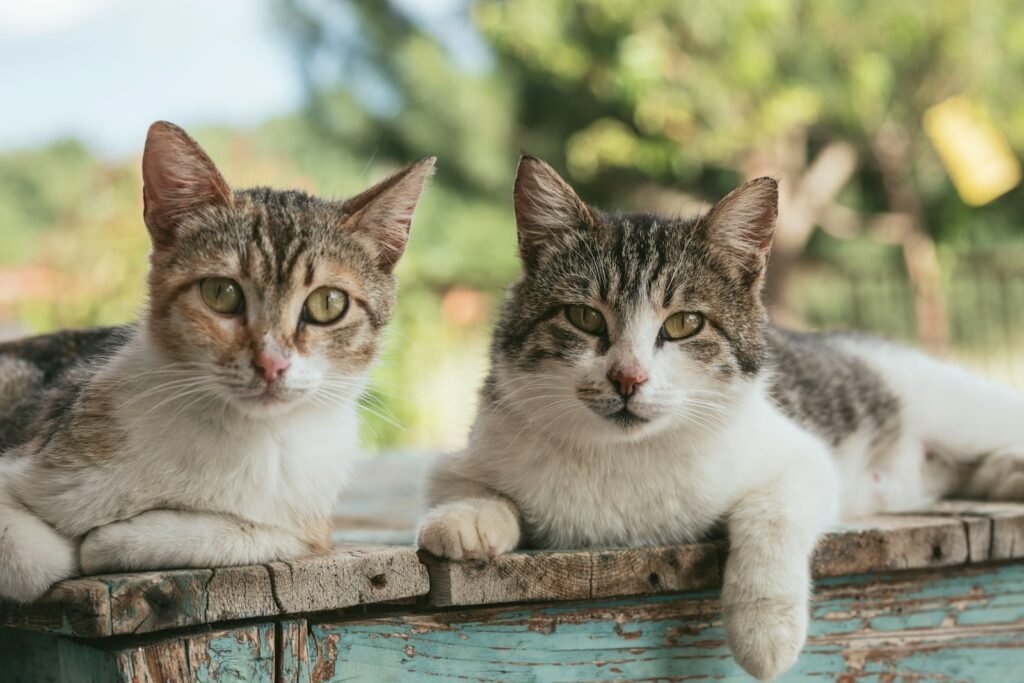
Tracking your cat’s behavior over time is vital to managing anxiety. Keeping a journal of their responses to different stimuli and interventions helps identify effective strategies and areas in need of improvement. This ongoing assessment is key to adjusting care practices accordingly.
Conclusion
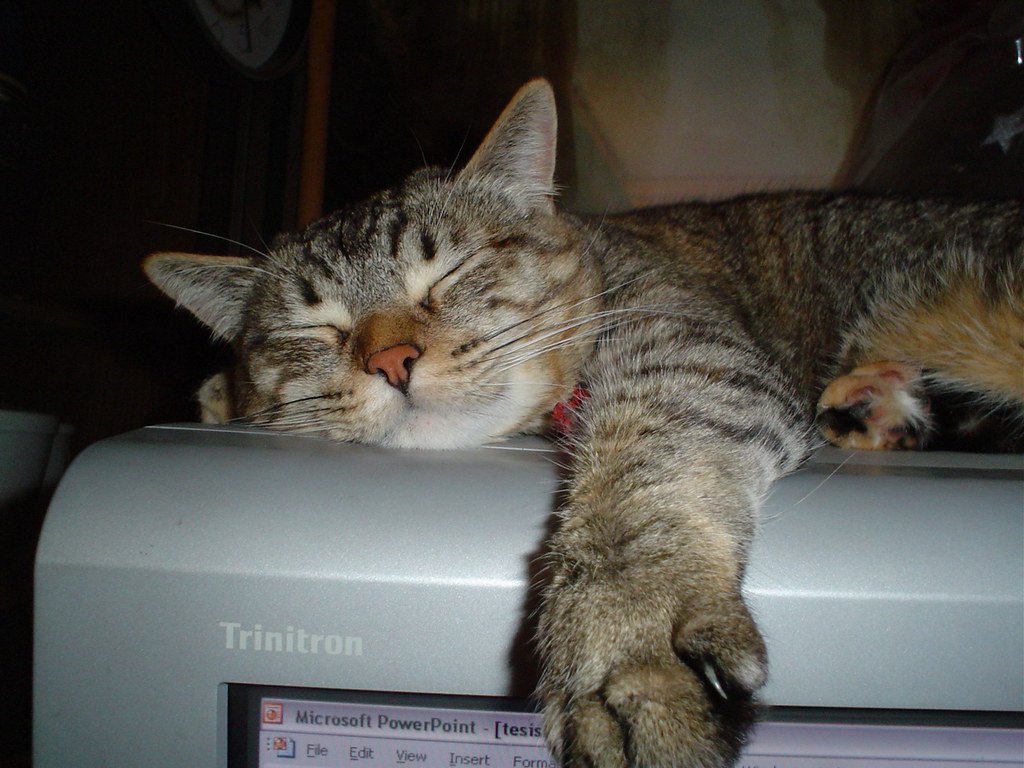
Understanding why some cats are more prone to anxiety than others involves examining a complex interplay of genetic, environmental, and experiential factors. By recognizing the potential causes and implementing strategies to alleviate stress, cat owners can provide an environment conducive to their pets’ emotional well-being. Effective management involves a blend of a stable environment, proper nutrition, stimulating activities, and supportive interactions. With care and attention, many cats can overcome anxiety, leading happier, healthier lives.
Hi, I’m Bola, a passionate writer and creative strategist with a knack for crafting compelling content that educates, inspires, and connects. Over the years, I’ve honed my skills across various writing fields, including content creation, copywriting, online course development, and video scriptwriting.
When I’m not at my desk, you’ll find me exploring new ideas, reading books, or brainstorming creative ways to solve challenges. I believe that words have the power to transform, and I’m here to help you leverage that power for success.
Thanks for stopping by, Keep coming to this website to checkout new articles form me. You’d always love it!






